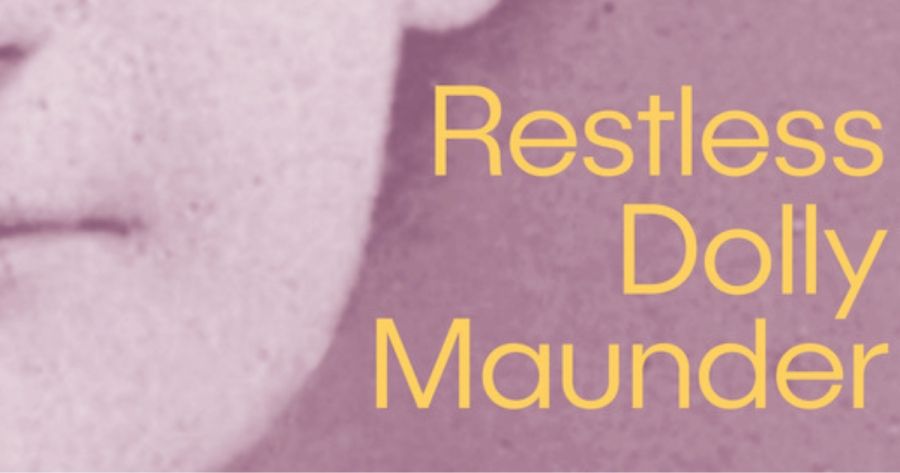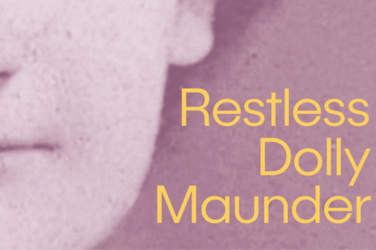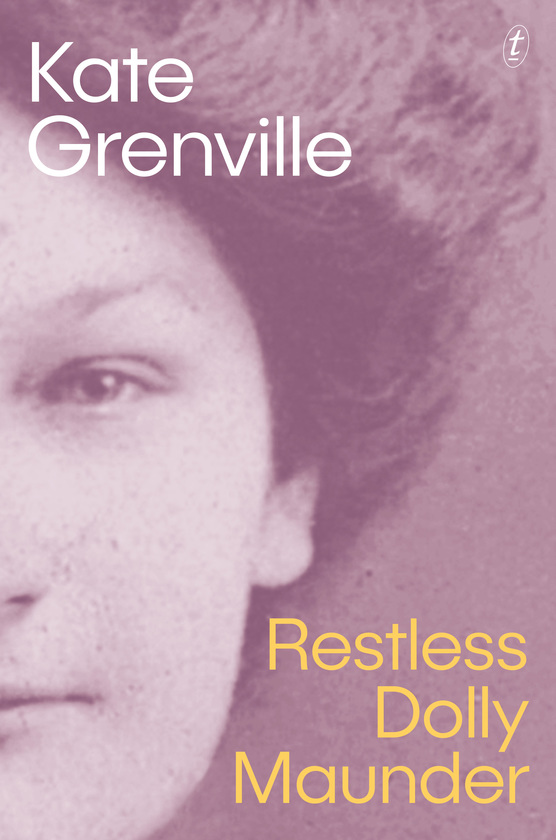
- Free Article: No
- Contents Category: Fiction
- Review Article: Yes
- Article Title: Mirrors on misery
- Article Subtitle: A brilliant portrait of an unhappy marriage
- Online Only: No
- Custom Highlight Text:
In Restless Dolly Maunder, Kate Grenville weaves a fictional narrative around her grandmother, a woman she remembers as ‘aloof, thin, frowning, cranky’, and knew through her mother’s stories as ‘uncaring, selfish, unloving. Even a bit mad.’
- Featured Image (400px * 250px):

- Alt Tag (Featured Image): Penny Russell reviews 'Restless Dolly Maunder' by Kate Grenville
- Book 1 Title: Restless Dolly Maunder
- Book 1 Biblio: Text Publishing, $45 hb, 256 pp
- Book 1 Cover Small (400 x 600):

- Book 1 Cover (800 x 1200):

Dolly’s life is narrow and constrained, and its disappointments are etched upon her character. She knows she comes across to others as hard, bitter, and angry. Her story unfolds in ragged leaps through time, from a childhood of loveless drudgery to a lonely old age. No maker of history, she is nonetheless tied to its headlong course, experiencing the raw emotional toll of two world wars and the Great Depression, and seeing, if not benefiting from, the expanding opportunities that opened to women between the end of the nineteenth century and the middle of the twentieth. Her story falls into familiar patterns: a precarious rise from rags to riches through business acumen; social ambition held back by a lack of social capital; an intelligent woman held back by gender prejudice.
This is a story that in different hands could easily become dull or clichéd, and it is a tribute to Grenville’s writing that it is quite gripping. Grenville’s pacy prose invests the humdrum details of buying and selling, risking and winning, moving and settling with clarity and drama. Her generous detail and spare, evocative imagery bring the historical landscape to life.
Wanting to bring Dolly ‘out from the silence of the past and give her a voice we could recognise’, Grenville has perhaps invested her with almost too knowing an awareness of the conditions of her existence. The novel is underpinned by a progressivist narrative of feminism, with Dolly’s generation as the ‘hinge’ on which the door to women’s opportunities ground painfully open. Dolly’s articulated sense of her pivotal place in history sometimes seems needlessly intrusive: even without its assistance, readers could easily recognise the constraints on her choices, the illusory promises of her schooling, or her quiet courage in daring nonetheless to dream and to act.
But if the feminist moral is less than subtle, the pain of lived experience rings true. After her early dream of becoming a teacher is ruthlessly squashed, marriage offers the only possible escape from the drudgery of Dolly’s childhood home. Bert Russell is not her first choice, or even her second, but ‘[w]ith the door to being a married woman starting to creak shut, you took what you could get.’ Their relationship, founded upon compromise, is shot through by betrayal, anger, and humiliation, but sustained by familiarity, shared hopes, and sufferings, and a sense of partnership, if only in the business of making money. There are periods of truce, but never of trust. It is a brilliant portrait of an unhappy marriage.
Still more poignant are the ‘knotty’ currents of feeling that run between mothers and daughters. Dolly cannot forgive her mother for concealing a life-changing secret from her. Her love for her own elder children, born at the darkest period of her marriage, twists into something altogether more complicated. She can never set things right with them. ‘She heard her voice sharp, knew her movements impatient as she dressed them and fed them. It was as if the pain in her heart had got into them both and made them mirrors to her own misery.’
Maternal love, shadowed and distorted by life, finds an imperfect voice in the telling of family stories. Dolly’s mother’s voice was never gentle, ‘except when she went through the family story, telling over where she came from, where everyone fitted together, as if all the raggedness in her life could be knitted up into that laying-out of the generations’. Dolly in turn feels driven to tell her children ‘over and over ... where she came from’, obscurely feeling that in so doing she is ‘showing them why she was the way she was’. She picks compulsively at her memories, and ‘the knot that was her feelings about her mother and father’.
Grenville, the inheritor (and perhaps inventor) of these generational stories, is picking at them still. She has an uncomfortable memory of her grandmother one day asking, out of the blue, ‘Do you love me, Cathy?’, and recalls with some regret her own bald, childish answer: ‘No’. Now, almost seventy years after that moment, Grenville reaches through layers of her mother’s memories and her own to find a different answer to that abrupt question. She sets herself to imagine Dolly’s own story, and the frustrations and humiliations and disappointments that lent such sharpness to her voice. If she does not find an uncomplicated basis for love, she has invented a woman whose credible plight and aspirations invite, and win, our sympathy.


Comments powered by CComment